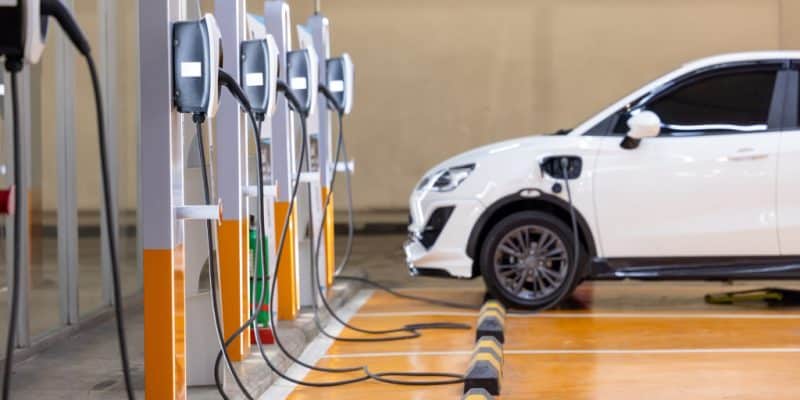With the automotive sector accounting for 7% of its economy, according to the National Association of South African Automobile Manufacturers (Naamsa), the South African government is considering tax incentives from 2026 for the development of electric mobility.
The year 2026 should be the right one for the acceleration of electromobility in South Africa. The South African government has just unveiled a series of measures to this end. These include 150% tax exemptions from March 1, 2026 for national and international automakers and automotive suppliers.
In return, they will have to step up local production of electric vehicles in the Rainbow Nation. The announcement, made public by Finance Minister Enoch Godongwana, aims to attract new investors, stimulate start-ups and psychologically prepare the population for an “all-electric” South Africa.
Initial project cost: 964 million South African rand, or $49.9 million. The initiative is partly explained by the gradual rise in the price of petrol ($1.17 for petrol in 2021, compared with $0.92 in 2016, according to the World Bank). This widely used fuel spreads CO2 emissions in large cities (Pretoria, Johannesburg), all of which are crowded with combustion-powered cars.
Read also-
The move by the South African authorities comes just a few months after Mark Raine’s exit. In November 2023, the co-CEO of the subsidiary of German car giant Mercedes-Benz had recommended that they join the global energy transition. Among other things, this means investing in e-mobility, as Kenya and Uganda are doing on a massive scale. These East African countries are already familiar with electric buses, bicycles and cabs on their highways, in response to air pollution.
Benoit-Ivan Wansi







